What if the prevailing narrative that youth migration is responsible for the deterioration of rural agricultural livelihoods in many countries needs to be rethought?
Youth migration away from rural areas to more urban settings is often lamented but it has its benefits. For example, it may actually help stabilize the rural communities they leave behind by reducing pressure on limited land, water and other resources. Migration offers youth opportunities to explore aspirations for lifestyles different to that of their parents’ generation; it can bolster alternative income streams; and it opens up new opportunities for diverse forms of entrepreneurism, including agro-enterprise.
The WLE has been engaging youth from a number of countries, and working with diverse partners, to explore these issues. The aim is to develop and offer solutions that will support young people to fulfil their potential and effectively play a role in national economic development, both inside and outside agriculture.
Why youth are leaving the farm – and why it’s not always a bad thing
Many young people do not view agriculture as a favourable livelihood option. The farming sector is seen as risky, full of uncertainty, not profitable and rife with inequalities. Climate variability, land degradation and the high costs of necessary inputs are just some deterrents. Young people are setting their sights on urban, non-farming sectors and overseas labour markets, or focusing on furthering their education elsewhere in the hope of securing better-paid salaried work. There are also deeper cultural processes at play as youth aspirations are changing, led or aided by mass media.
In Uganda where 78% of the population is under 30, the impact of these social transformations is resulting in an ageing farming population. Yet, practitioners and development policy makers poorly understand the processes at play. For example, there is often a flawed assumption that by providing opportunities in agriculture, young people will somehow simply stop leaving the farm. This fails to account for the cultural processes driving livelihood change, which mean that many young people will migrate regardless of what agricultural opportunities are present at home.

In East Africa, family farmland is often subdivided among children as it passes from one generation to the next, resulting in smaller and smaller farming plots. But as some young people migrate to urban areas in search of new opportunities, this can leave more land available for those who choose to remain on the farm, thereby reducing stress. Remittances mean that those who do not migrate are less likely to be reliant upon the vagaries of climate (unlike farming alone), and wages from the non-farm sector help meet the cash needs of farming households, and are often necessary to prop up agriculture in the village. Those who migrate can also bring new skills and capital with them if they choose to return.
Adapting to a changing situation
In May and June this year, WLE supported and was involved in two events in Kampala, Uganda that brought together youth, researchers, academics, and development practitioners to discuss the transitions taking place and to hear from young people themselves about their needs, aspirations and proposals for addressing the challenges.
The CBA11 Youth Forum brought together a diverse team of youth from Uganda, Ethiopia, Kenya, India and Nepal, including agro-entrepreneurs, students and recent graduates who were able to reflect on their own experiences in making the transition from their home districts, to university, and then on to the urban labour market. What was striking was the common narratives and familiarity in many of their stories: the challenges of population growth, preventing them from inheriting their own plot; the persisting negative cultural connotations associated with agricultural employment; and the limited scope of government youth empowerment programmes, which seek to provide technical agricultural or enterprise skills.
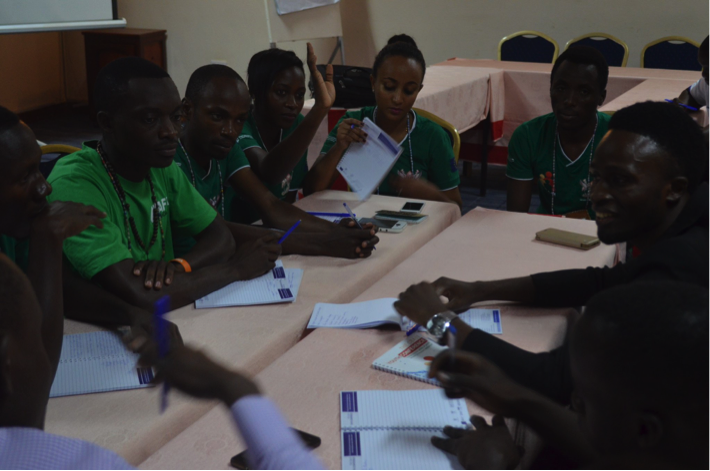
Crucially, these young people also proposed innovative ways to encourage youth investment in profitable and climate resistant agriculture. Working as groups, they developed and presented five provisional action plans. Examples of climate resilient interventions included rainwater harvesting and water storage, beekeeping and venom collection, and agro-forestry enterprises for young entrepreneurs, which can be part of carbon trading or fruit production initiatives.
The crux of the discussion however, was not the interventions themselves, but how they could be tailored to address the specific issues facing young agro-entrepreneurs. For example, in a context where young people struggle to gain access to land, business models need to not only ensure high value output per hectare, but also create mechanisms for negotiation with elders or community leaders to access household or lineage owned land. Achieving positive outcomes for entire households and communities requires building mutual trust between generations and ensuring that the elder generation are aware of the potential returns from allocating land to youth for productive investment.
Similarly, the Migration, Youth and Agricultural Transitions: Emerging Perspectives, Global Linkages discussion forum held in May in Kampala, and led by WLE, aimed to challenge the prevailing narrative that youth migration is responsible for the deterioration of rural agricultural livelihoods in East Africa and to explore what other perspectives exist on youth migration.
It is clear that creating a positive environment for youth to invest in agriculture is a complex process. Simply replicating interventions and policies of the past will not succeed. These forums showed that youth need to be engaged with and listened to in order to understand their concerns, the unique challenges they face, their aspirations and the reasons behind them.
Those working in the agricultural sector need to accept that young people are leaving agriculture and at the same time support those who do not migrate, including women and older people, who are often highly vulnerable to climate change and other stresses. Equally important is harnessing the skills and energy of youth to facilitate growth in the agricultural sector in more innovative ways, which also more closely match their own personal aspirations, whether they migrate or not.
Young people are full of ideas and it’s most likely that, with the right support, they will be the ones to identify and develop the solutions to the challenges faced by farming communities.



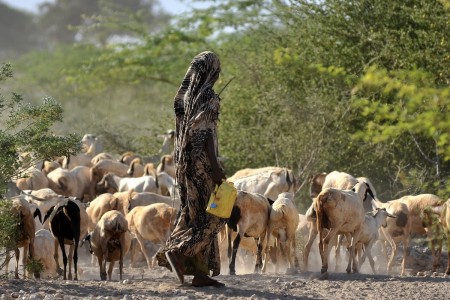

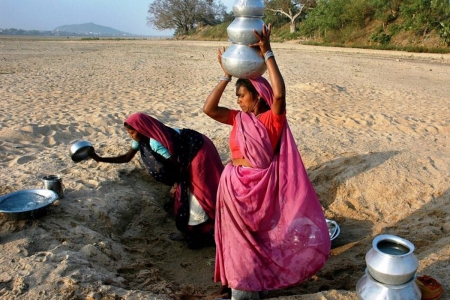

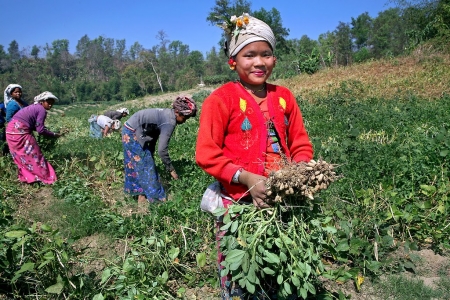



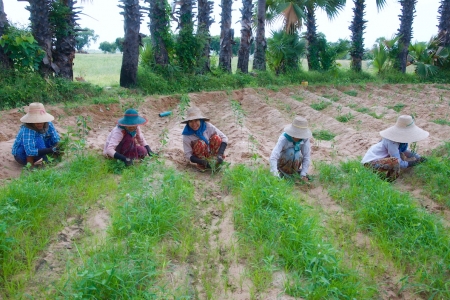
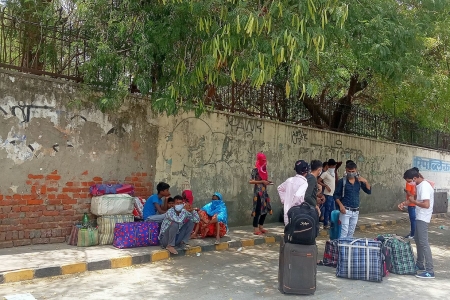




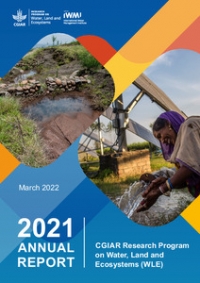
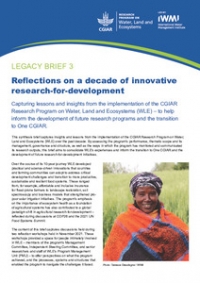
Comments
I have always wondered why governments, donors and policy makers keep pushing the youths to join agriculture without first thoroughly analyzing the social, cultural and economic complexities involved. Thanks for this article!